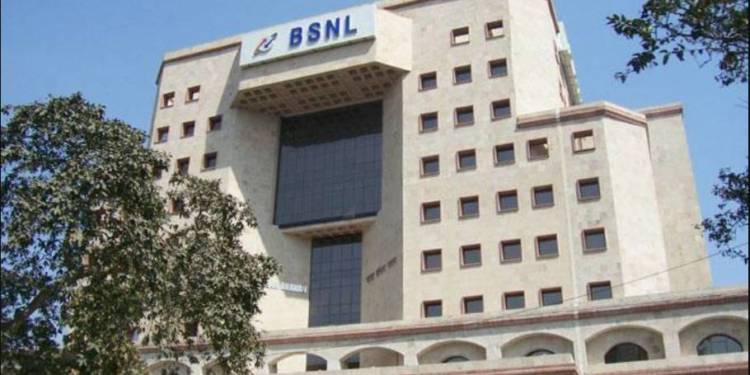The stock market in the United States has risen by 30 percent from the bottom it touched three months ago amid the spread of Coronavirus pandemic. In India, too, the stock market has risen by more than 30 percent, with Sensex at 34,000 from the bottom of 25,000 it touched in last week of April.
The stock markets, across the world, are rising, despite high unemployment and negative economic growth. The stocks of companies like Amazon in the United States and Reliance Industries Limited in India have risen by more than 40 percent amid the coronavirus.
There are various reasons behind the bullish stance of the investors amid the economic downturn and rising unemployment. The central banks across the world have deployed unconventional monetary policy to flood the world with easy money. Policy rates in many countries like Sweden, Denmark are in the negative, which means that the central banks are forcing the banks to lend, and penalizing them for parking money.
The world is flooded with cheap money, with the interest rate being lower than inflation in many countries. This means that if the investors or the bank keeps money with themselves, its value would depreciate.
Therefore, companies like Jio bagged 6 investment deals in a month and talks for many others are underway. The reason behind Jio getting such huge investments despite economic slowdown is- investors are ready to buy any stock which could just keep their money safe, even at modest returns.
There are very few destinations where they can anticipate a positive return. The European economy is already in shambles and given the volatile nature of China’s political economy- Trump is imposing new sanctions every day- the biggest source of good return is out of the picture. Indian companies are among the few firms which could still give positive return on investment, and therefore, all three major Indian telecom players of the country bagged investment or talks are underway.
As the world is flooded with cheap money, this is the best time for the government to privatize the public sector companies, like BSNL, SBI. This would also optimize the union government finances, as the government would not be forced to borrow to compensate for the downfall in tax collection due to economic slowdown.
The government is mulling over the decision to privatize the loss-making public sector units (PSUs) as well as profit-making PSUs as it trusts the private sector with wealth creation. And given the availability of cheap money, investors across the world would put money in the Indian PSUs if the government divests its stake in them.
Recently, Union Finance Minister Nirmala Sitharaman had announced that non-strategic Public Sector Undertakings (PSUs) will be privatized, and the role of the PSUs will be restricted to the strategic sectors. Even in the strategic sectors, there will be at least one, but not more than four PSUs.
The government is mulling over the privatization of Public Sector Banks, reported Economic Times a few days ago. The proposal came from the policy think tank of the government- Niti Aayog and a select group of top government officials has already started discussing it. ET has reported that people with knowledge of the latest development said that the purpose behind the move to privatise PSBs is to avoid future bailouts with taxpayers’ money.
But, not only Public Sector Banks are bailed out with government money. Every sector where the private entry is not restricted, the public sector companies end up making massive losses, like in the case BSNL, as any PSU is inherently inefficient.
There are 331 CPSEs with investments of 12,50,373 crore rupees at the end of the fiscal year 2017. Most of these companies are in manufacturing and generation (96), services (119) and construction (76) sectors. The CPSEs in the energy sector made up two-thirds of all the profits of Rs 1, 52,647 crore during 2016-17. Bharat Sanchar Nigam Ltd, Air India Ltd and Mahanagar Telephone Nigam Ltd are among the worst performers in public sector companies. 82 CPSEs made losses of 25,045 crore rupees and the number of loss-making CPSEs has grown from 54 in 2007-08 to 82 in 2016-17.
As the market is flooded with cheap money, and investors are willing to put money in any stock which could give even modest return, the government should step up the effort to privatize all PSUs.




























